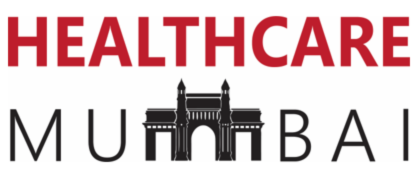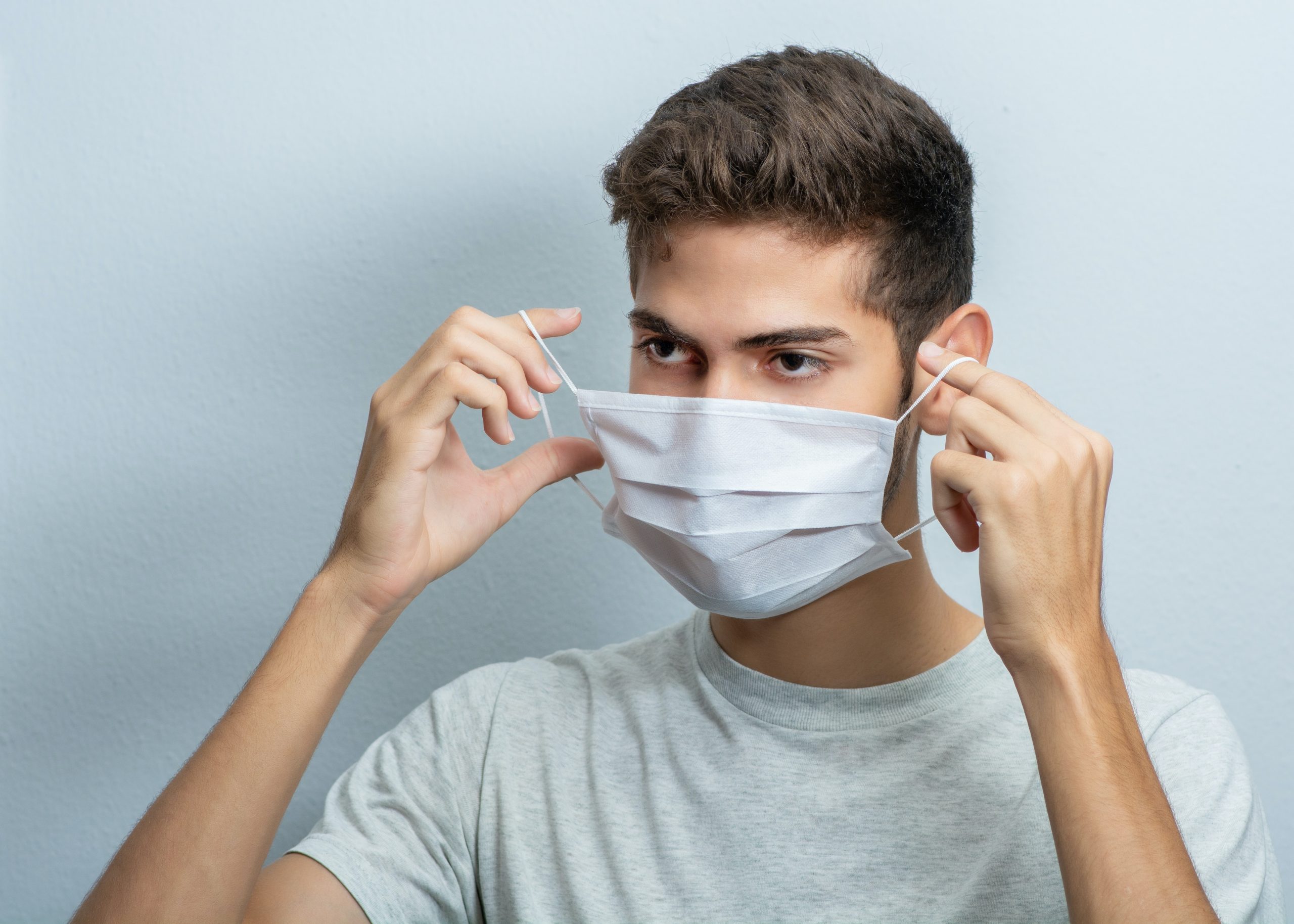A recent paper and study published by BMC Infectious Diseases focuses on carbon dioxide (CO2) accumulation with face masks. Face masks and personal protective equipment (PPE) in general have been in question as elevated CO2 levels have been tied to various symptoms such as fatigue, headaches, dizziness and poor performance. In the current study, the JustAir Pro powered air purifying respirator (PAPR) performed the best compared to both KN95 respirator and valved respirator in preventing accumulation of CO2 under the PPE.
While long-term NIOSH limits for CO2 are set at 0.5% for a maximum of 8 hours, the average CO2 concentrations under both KN95 and valved-respirator were found to be over quadruple this established limit. Previous work published by one of the authors of the paper, Professor Vijay Sharma from National University of Singapore, found that PPE headaches were typically found to occur after 3-4 hours of wear. “The findings of this current study are in keeping with my prior research and could be expected based on the elevation of CO2 levels well above the long-term NIOSH limits.”, said Dr. Sharma, ”At these levels one would expect no real impact from short-term usage but potential consequences from continued wear.”
Both a bioengineer and a physician, Dr. Daniel Burnett, MD, MBA created the JustAir Pro with frontline workers in mind. “As I heard my colleagues complain about headaches and fatigue with mask usage it became clear that front-line healthcare workers needed better protection” said Founder and CEO of JustAir, Dr. Burnett. “This study makes it clear that PAPR can reduce exposure to CO2 and potentially mitigate PPE related symptoms.”
The system is reusable, washable, and runs for 8 hours on a single charge all while fitting in a small bag that can be worn on the waist, back or shoulder. In addition to N100 filtration of the air delivered to the user, the system also passes exhaled breath through an N99 filter to prevent potential spread of virus or bacteria from an asymptomatic user. “Existing PAPR do an excellent job of filtering air delivered to the user but can present a hazard when worn by an asymptomatic infected user as the spread of infectious aerosols can be amplified by the high airflow rates required for PAPR”, said co-author of the publication, Dr. Michelle Rhee, “JustAir Pro is the only PAPR to filter exhaled air, a feature that I expect to make the workplace safer for these frontline healthcare heroes”.
Clinical studies are currently underway to quantify the reduction in exhaled aerosols with JustAir Pro vs standard PAPR. In addition, further studies are planned to determine the impact of JustAir Pro on headache and fatigue among healthcare workers during prolonged use. Testing is also underway for the JustAir Pro to satisfy the requirements for NIOSH approval. For long term use of PPE, it’s recommended that users employ some kind of PAPR to prevent toxicity potential.





